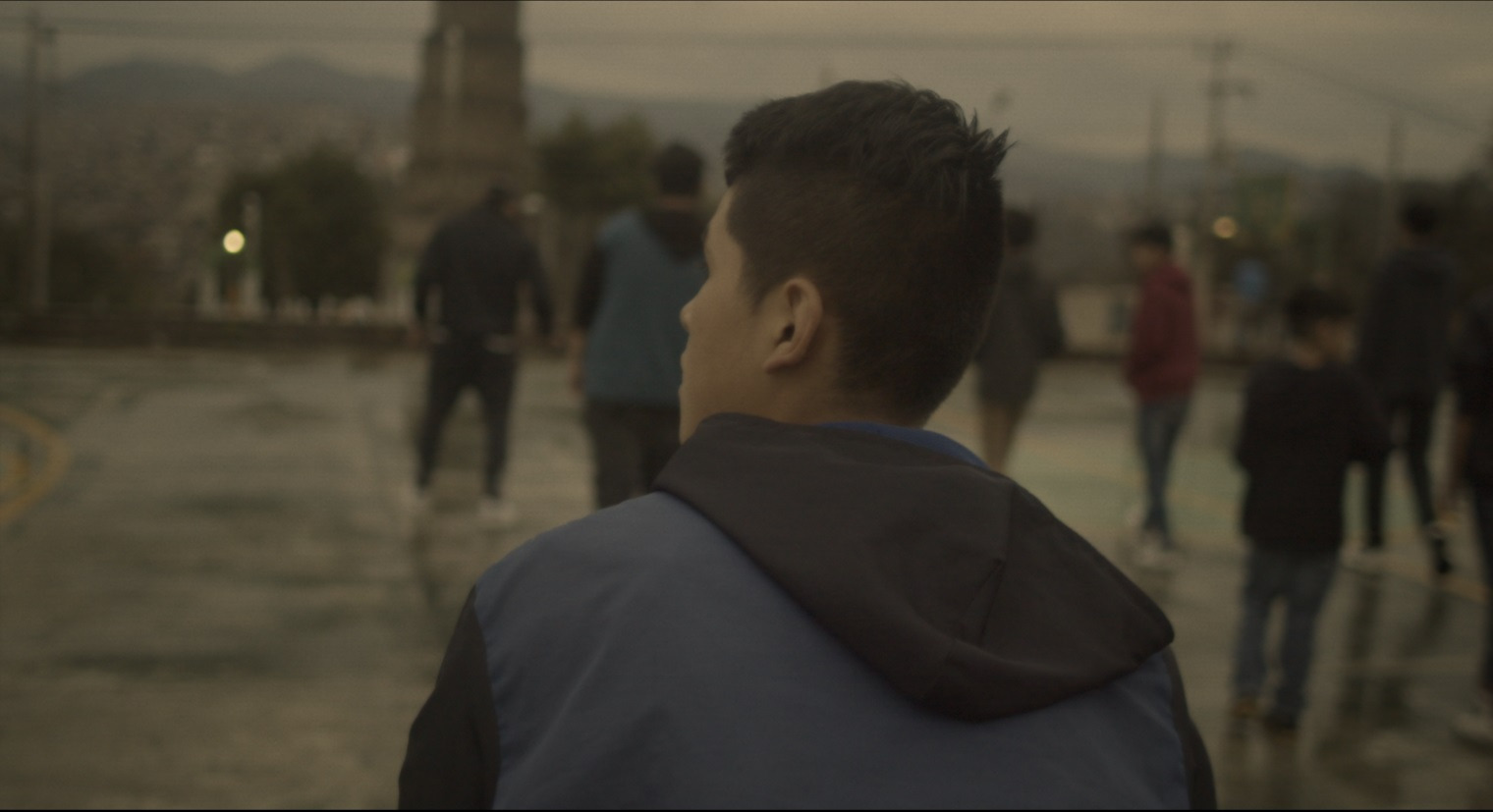A Wolfpack Called Ernesto
(Mexico/France, 81 min.)
Dir. Everardo González
Programme: International Spectrum (World premiere)
At a recent premiere of Martin Scorsese’s latest film, Personality Crisis: One Night Only, about New York Dolls’ frontman, David Johansen, the venerated filmmaker dismissed the term documentary as “outmoded.” The post-war neorealist style that was once the marker of authenticity, he said, has been supplanted by the ubiquitous presence of high-definition video: “The image on an iPhone, that’s the new cinema vérité.”
That description would surely resonate with Mexican director, Everardo González, best known for his 2017 documentary, Devil’s Freedom, a panoramic perspective on Mexico’s drug war, which included interviews with masked victims and perpetrators of crimes. His new film, A Wolfpack Called Ernesto, about gun violence in Mexico, also employs multiple perspectives. (Not surprisingly, one of his favourite television shows is The Wire.) Back in 2019, when Gonzalez first pitched his film, he said he intended to include a fictional element: a female voice representing a gun, manufactured in Argentina, as it makes its way through the Mexican crime system. He scrapped that plan, but kept one literary conceit: employing a composite name, Ernesto, representing the many anonymous subjects.
The current film is clearly a work of non-fiction, using real-life subjects who tell their stories in voice-over. Some of the characters appear, obscured and from behind, stalked by those iPhones that Scorsese talked about. The phones are mounted on rigs that González calls “scorpions’ tails” attached to the subjects’ backs. Viewers find themselves constantly focused at the vulnerable napes of different young men, a perspective that resembles the view of first-person shooter video games, or the predatory camera used in Gus Van Sant’s 2003 school shooting drama, Elephant.
At other times, we see partially occluded scenes of young men in bars, apartments and street corners, slapping hands with friends, talking about women and gangs and power. Their voice-over stories start with their childhoods, playing cops and robbers, and enviously watching the well-dressed, feared members of the cartels. The grooming process has an inexorable path. First, they accept favours, enjoy a beer or a joint, a chance to make a little money. When it inevitably comes time to shoot someone, there’s the adrenaline high, the sick fear of retaliation, the growing sense of entrapment within a system.
The real-life equivalent of the sinister “sicarios” depicted by Hollywood thrillers and stylish TV shows are young men in their teens or barely older. Some of them don’t make it out alive, and the black-outs have the effect of the borders of a death notice. Some may graduate to becoming gun traffickers. One man describes how he purchased guns for various parties, including the U.S. government. We see automatic rifles carefully inserted into sacks of sugar for export, as a semi-trailer rolling down the highway at night. In one sequence, we see a gun in a holster on a man’s hip. The owner is an army officer who sells high-end military weapons to criminals.
A couple of the Ernestos are, in fact, Ernestinas. One woman, shown sweeping a floor, explains in voice-over that when her husband abandoned her with young children, she created a business by refilling cosmetics bottles, which expanded into a side-hustle re-selling guns, some purchased from policemen. We follow another woman as she goes clothing shopping, who explains how she had a business renting out guns by the night or even by the hour, no questions asked.
Original and memorable, A Wolfpack Called Ernesto is one of those constructed experiences where the message and technique converge. It’s not clear whether the queasy sensation evoked from the film is from the troubling content or motion sickness from the bouncing iPhones.













